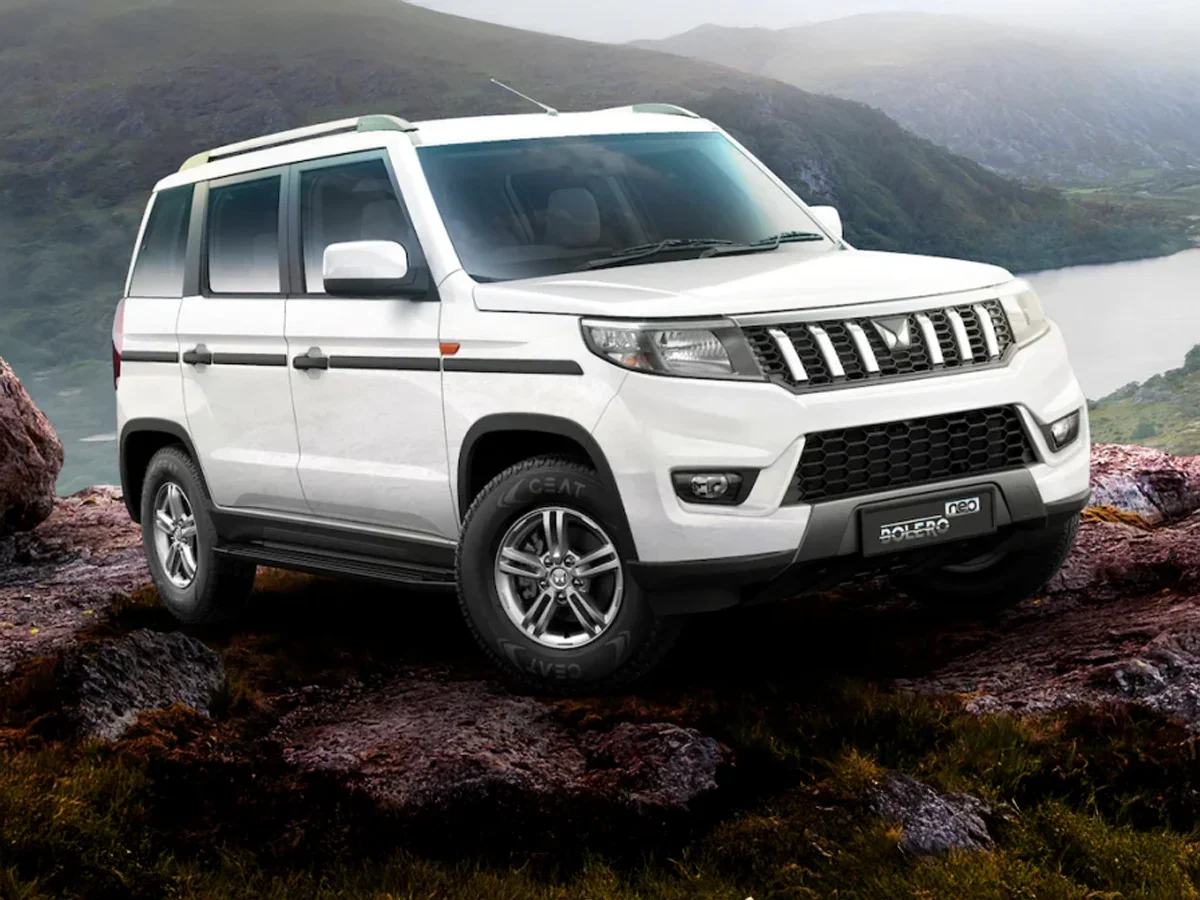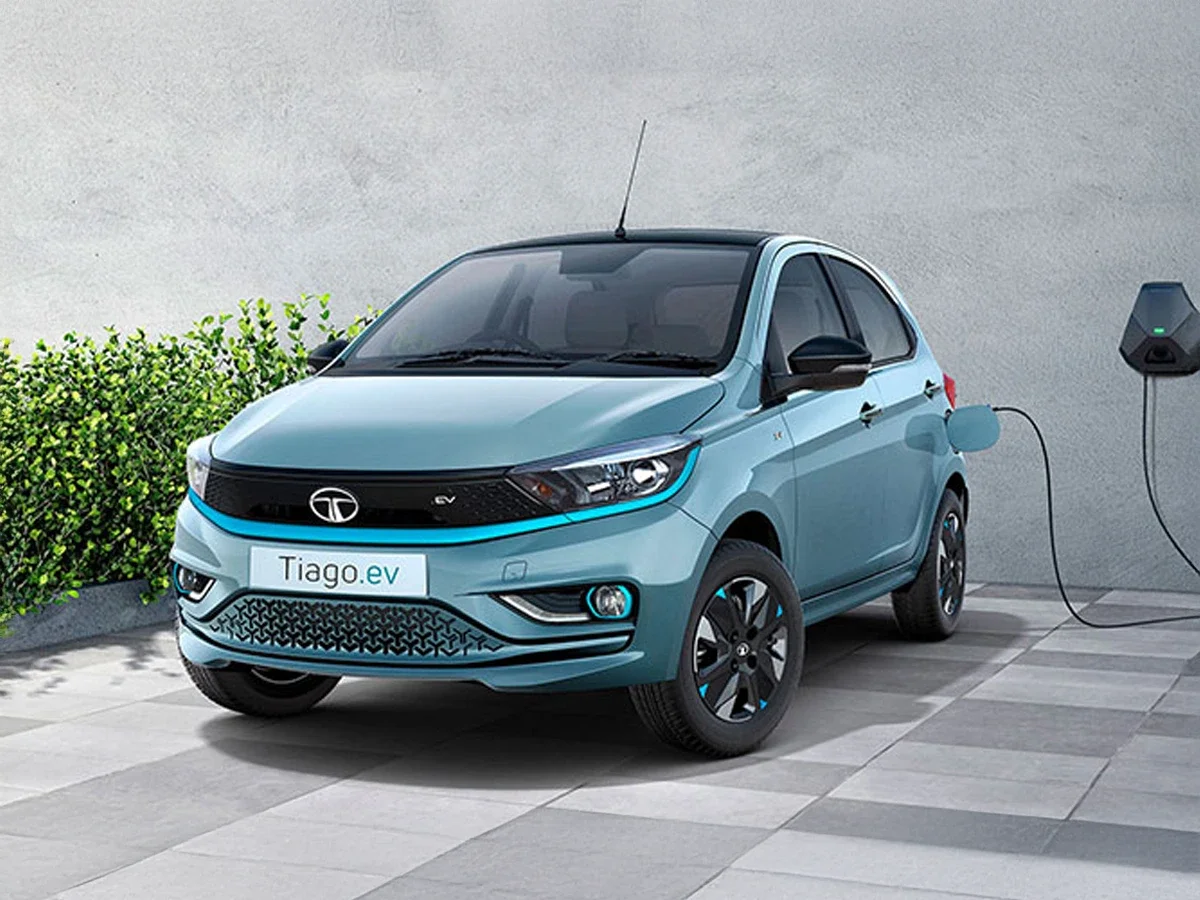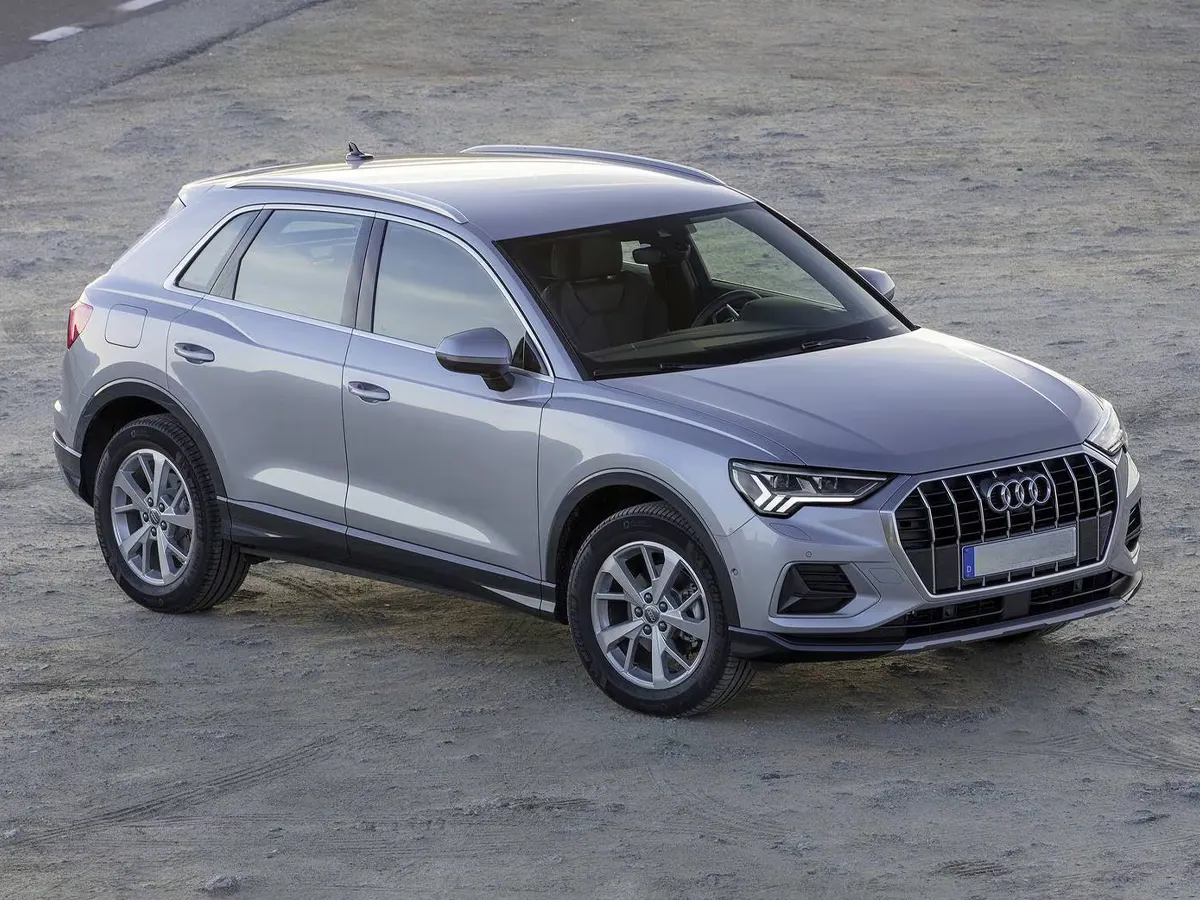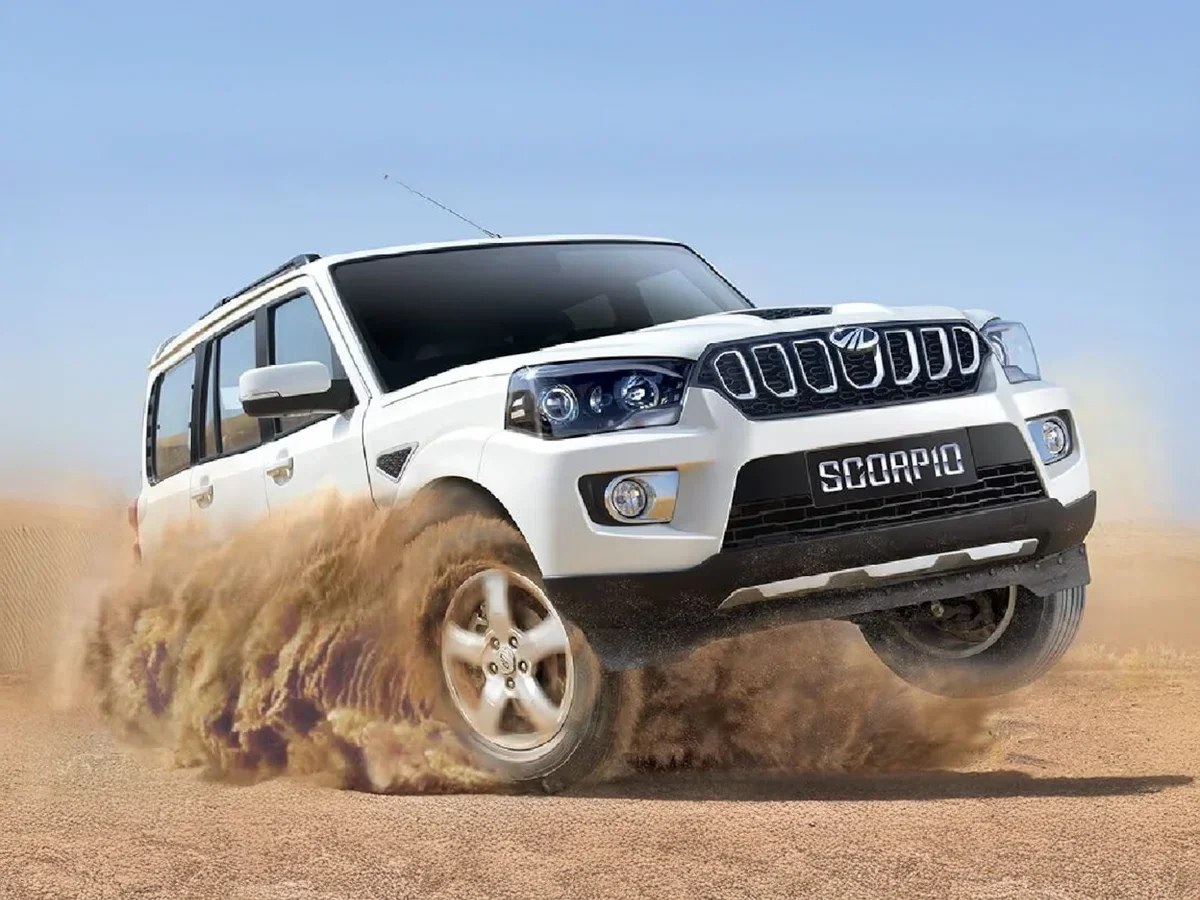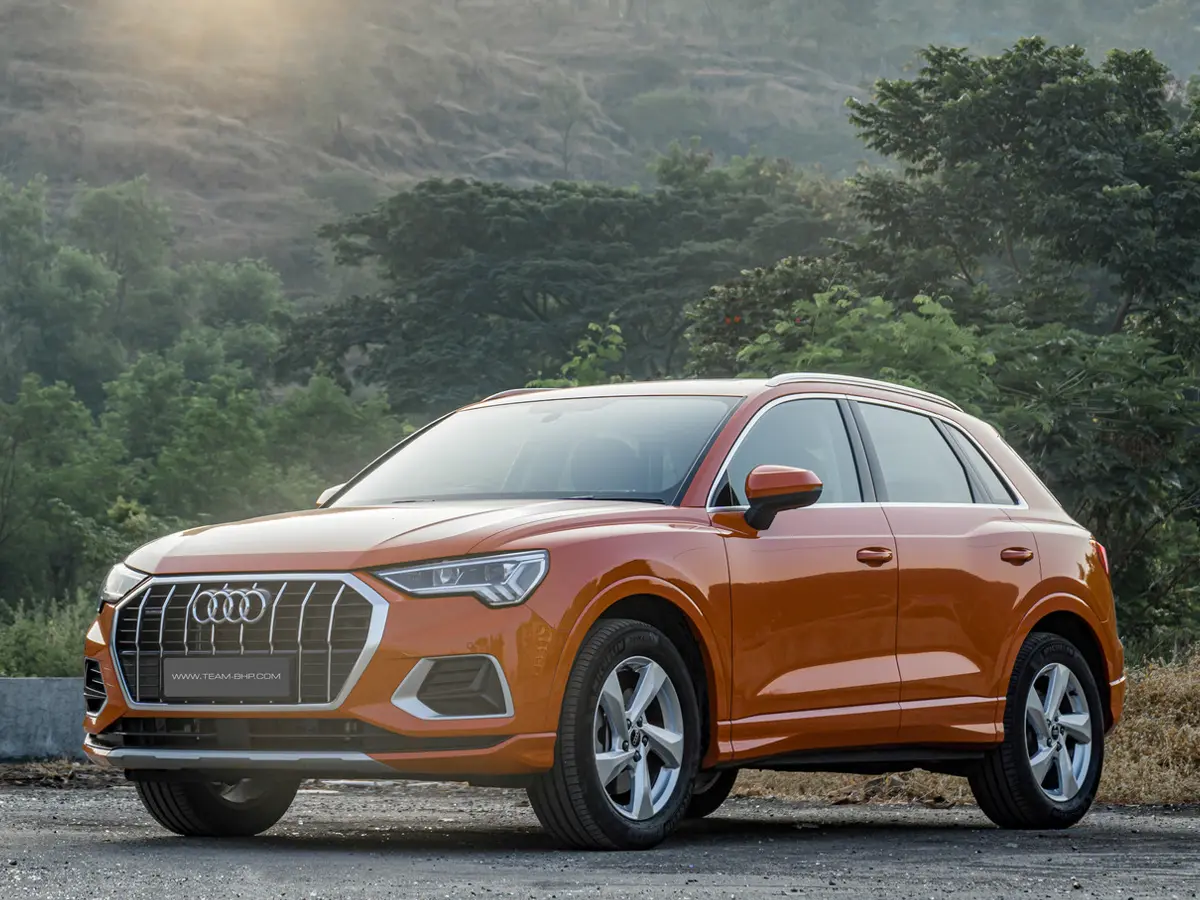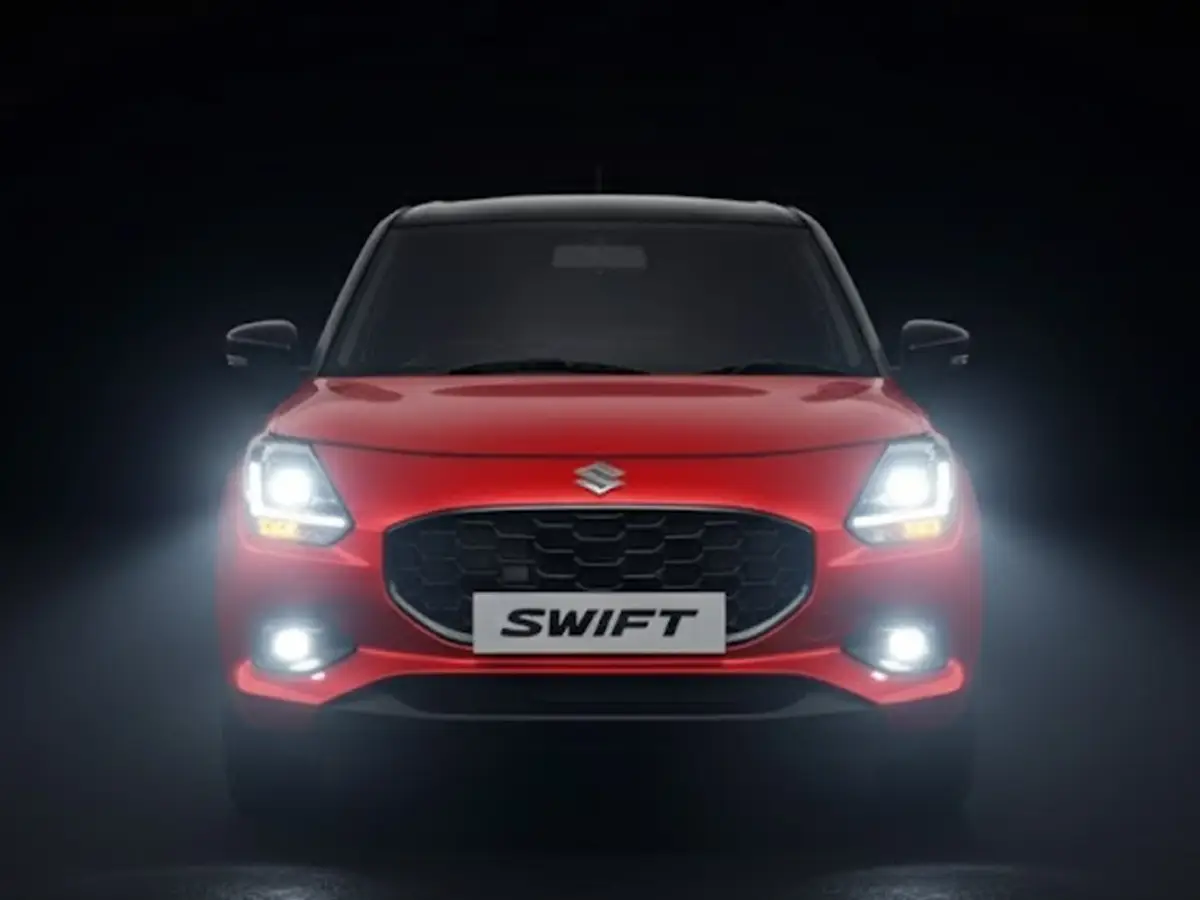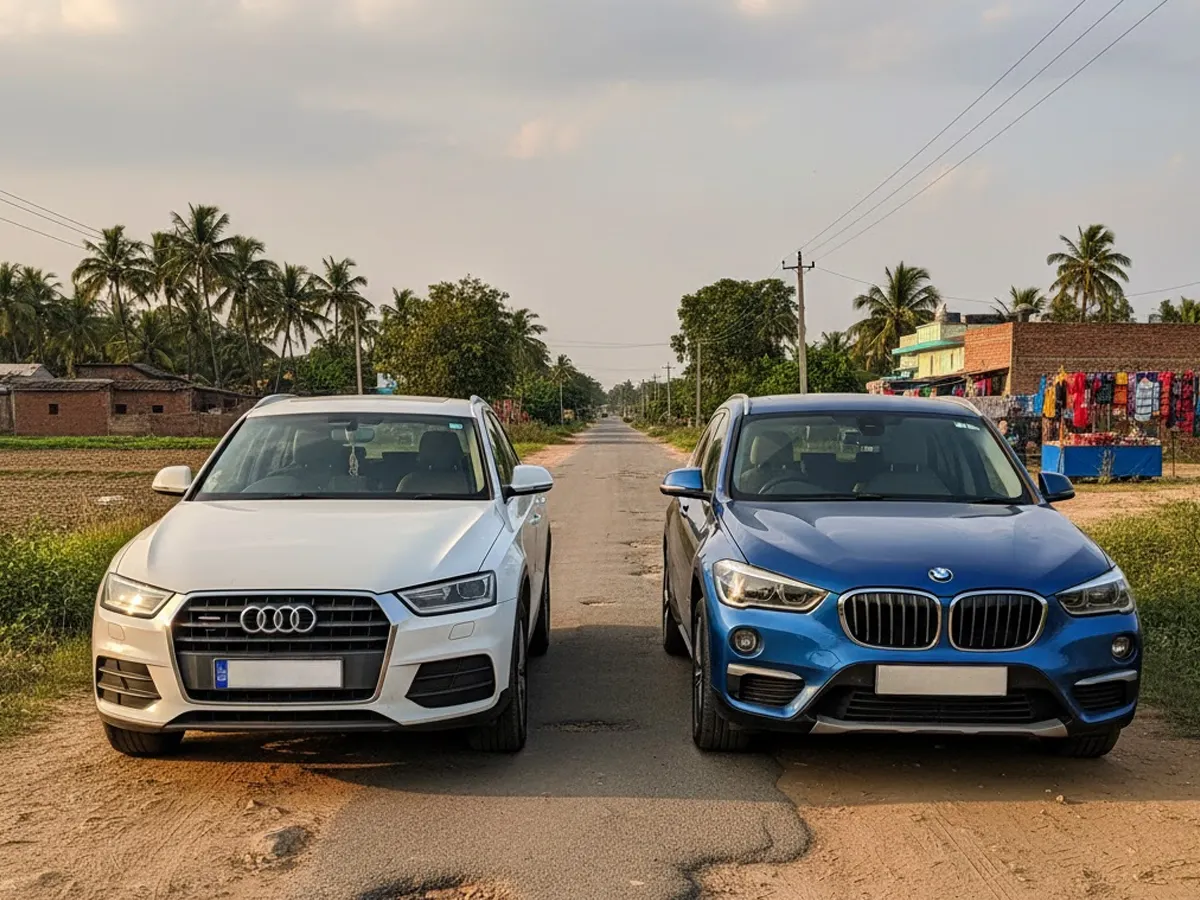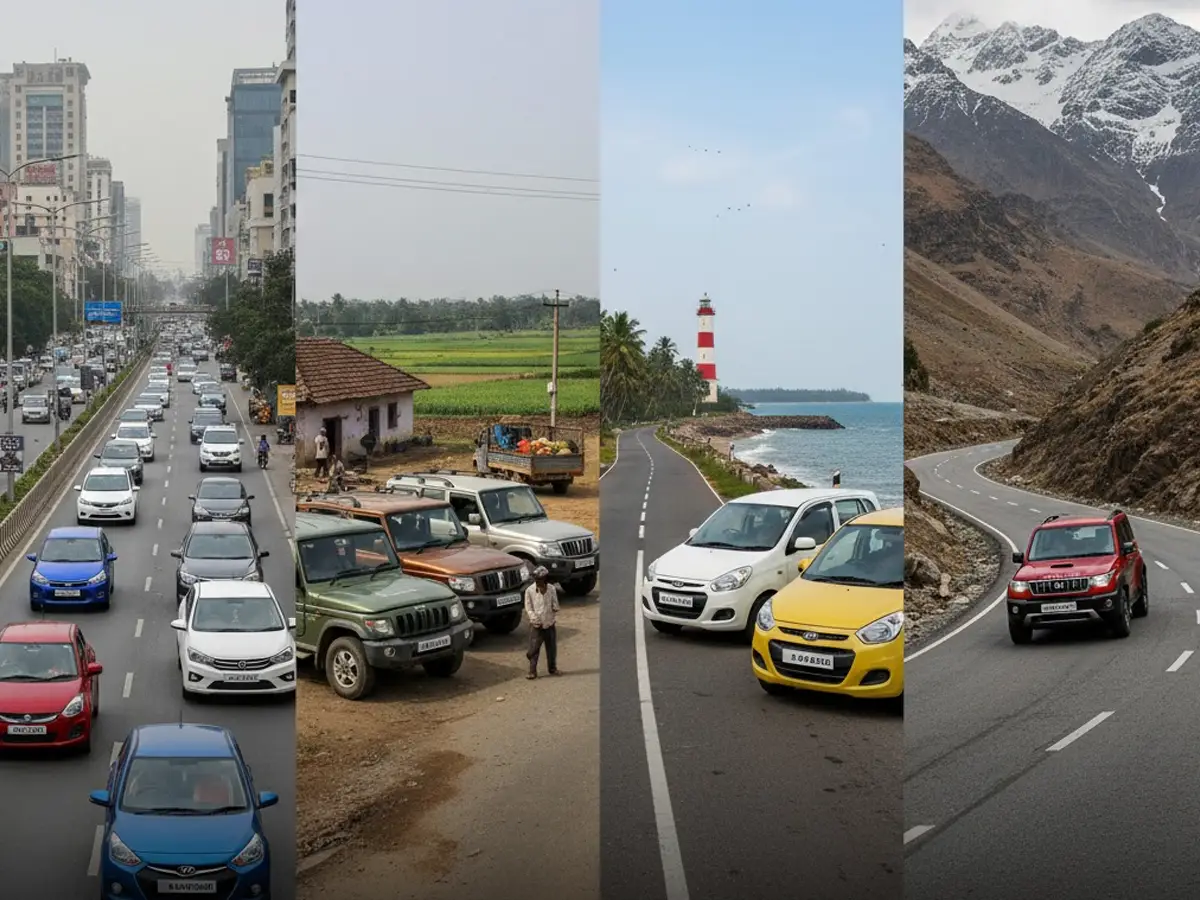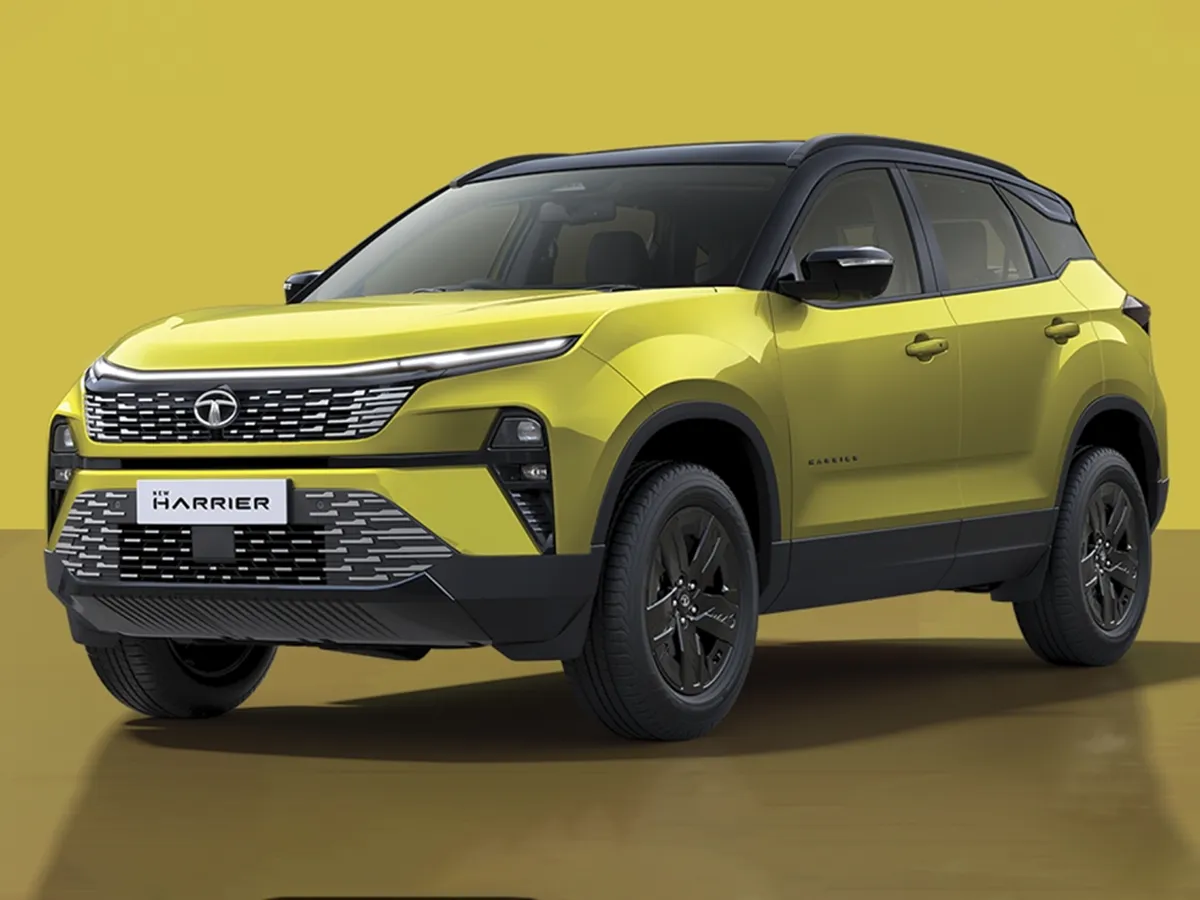

How to Increase Mileage of Harrier?
- 1ARAI-rated Harrier mileage is 16.80 kmpl for manual and 14.60 kmpl for automatic
- 2Use Eco mode, avoid idling, and shift early to get a better Harrier city mileage
- 3Maintain 80–100 km/h, use cruise control, and reduce load to boost highway mileage.
Tata Harrier is a powerful, premium SUV loaded with style, space, and some serious power. With a 2.0-litre Kryotec diesel engine, Harrier owners aren’t worried about getting great performance. But one thing they are worried about though is mileage. Tata does have decent ARAI mileage figures to show for the Harrier, but most owners struggle to hit those Harrier mileage numbers in real-world usage.
There are various factors that affect the Tata Harrier’s mileage when driving in the city or on highways. The Harrier has room for improved mileage if you tweak the way you drive and maintain it well, and you don’t have to compromise on performance or comfort either. In this blog, we’ll break down the ARAI-certified mileage, what owners are actually seeing on the road, and practical tips to improve the Harrier’s fuel efficiency.
Tata Harrier ARAI Mileage
According to ARAI (Automotive Research Association of India), this is what you can expect to get out of your Harrier:
- Tata Harrier Diesel Manual: 16.80 kmpl
- Tata Harrier Diesel Automatic: 14.60 kmpl
These are the results of testing in simulated lab conditions, so they do not reflect real-world driving, such as stop-and-go traffic, air conditioner usage, or hard braking.
Tata Harrier City Mileage
Under real city conditions, the Tata Harrier mileage is significantly less. Owner statistics and car forums report:
- Manual Diesel: Approx. 11–13 kmpl
- Automatic Diesel: Approx. 9–11 kmpl
Factors That Impact Tata Harrier City Mileage
Here are some factors that affect Tata Harrier mileage in city driving:
1. Repeated Gear Shifting and Clutch Engagement
City driving involves a lot of shifting and clutching. This not only strains the engine but also uses a lot of fuel. The Harrier's weight does little to help with it.
2. Excessive Idling
A long traffic light or traffic congestion stops the engine from idling and burns fuel.
3. Abrupt Acceleration and Braking
Rapid throttle usage and aggressive braking do not let the engine fall into a smooth rhythm. It causes inconsistent fuel consumption.
4. Short-Distance Drives
If the engine is not allowed to reach optimum temperature, fuel is not combusted efficiently. Frequent short runs decrease overall mileage.
5. Heavy AC Usage
Continual use of the AC during traffic halts overloads the engine. It occurs particularly on hot days in summer when the compressor engages in overdrive.
How to Improve Tata Harrier City Mileage?
These tips can help you increase the Tata Harrier's city mileage:
1. Shift Early
Shift up at 2,000 RPM or sooner to maintain low engine revs. This saves fuel without affecting driveability.
2. Switch Off the Engine At Long Idles
When idling at traffic signals for more than one minute, switch off the engine. This little habit can help save a lot of fuel in the long run.
3. Use Eco Mode in Traffic
If your trim model of Harrier features driving modes, drive in the city using Eco. It limits the throttle response and helps deliver improved mileage in the city.
4. Monitor Tyre Pressure Weekly
Ensure all tyres are filled to recommended pressure levels. Monitor pressure every 7–10 days, especially during periods of change in weather.
5. Follow the Service Schedule
Follow Tata's recommended maintenance schedule. Periodic oil changes and air filter cleaning can improve fuel burn and engine efficiency.
6. Reduce Excess Weight
Remove unnecessary items from the boot. Each extra kg affects mileage, particularly during stop-and-start traffic.
Tata Harrier Highway Mileage
The Harrier mileage reaches its peak efficiency on highways. During long road trips, the Harrier mileage is better with less halting and continuous speed. Here's what you can expect:
- Manual Diesel: Approx. 15–17 kmpl
- Automatic Diesel: Approx. 14–16 kmpl
Factors That Impact Tata Harrier Highway Mileage
These factors impact the Tata Harrier mileage on highways significantly:
1. Overspeeding
The Harrier runs at its best in the 80–100 kmph range. Driving above this increases aerodynamic drag and consumes more fuel.
2. Aggressive Overtaking and Braking
Sudden throttle modulation and braking disrupts engine flow whereas constantly accelerating and braking wastes fuel on long drives.
3. Cruising in High Gear at Slow Speeds
Cruising in 5th or 6th gear at below 60 kmph is not good for the engine. It strains the engine and lowers mileage.
4. Incorrect Tyre Pressure
Low tyre pressure generates rolling drag even at high speeds. This places additional pressure on the engine when driving long distances.
How to Improve Tata Harrier Highway Mileage?
Follow these tips to improve your Tata Harrier highway mileage:
1. Maintain Speed Between 80–100 kmph
This is the Harrier’s efficiency zone. Avoid speeding unless necessary, as higher speeds drastically reduce fuel efficiency because of greater air resistance.
2. Use Cruise Control on Expressways
Cruise control helps maintain a constant pace, eliminating throttle fluctuations. This can improve mileage by 1–2 kmpl on longer trips.
3. Avoid Sudden Throttle Inputs
Accelerate and decelerate smoothly when overtaking or changing lanes. This keeps the engine running in its most efficient running condition.
4. Travel Light
Leave out unnecessary cargo and avoid roof-mounted luggage. A lighter load reduces fuel consumption, especially during long drives.
5. Check Tyre Pressure Before Every Trip
Proper tyre inflation improves rolling efficiency. Check all four tyres and the spare before heading out for highway runs.
Summary
The Tata Harrier is a powerhouse, but its mileage, especially in cities, can take a hit if you’re not careful. By adopting these smart driving habits and keeping your Harrier well-maintained, you can significantly boost your real-world Harrier mileage and cut down on fuel costs without compromising on that powerful drive.
Looking to upgrade or buy smarter? Explore a range of used Tata Harrier models that offer great mileage with better value only on CARS24.
Frequently Asked Questions
Expand all



